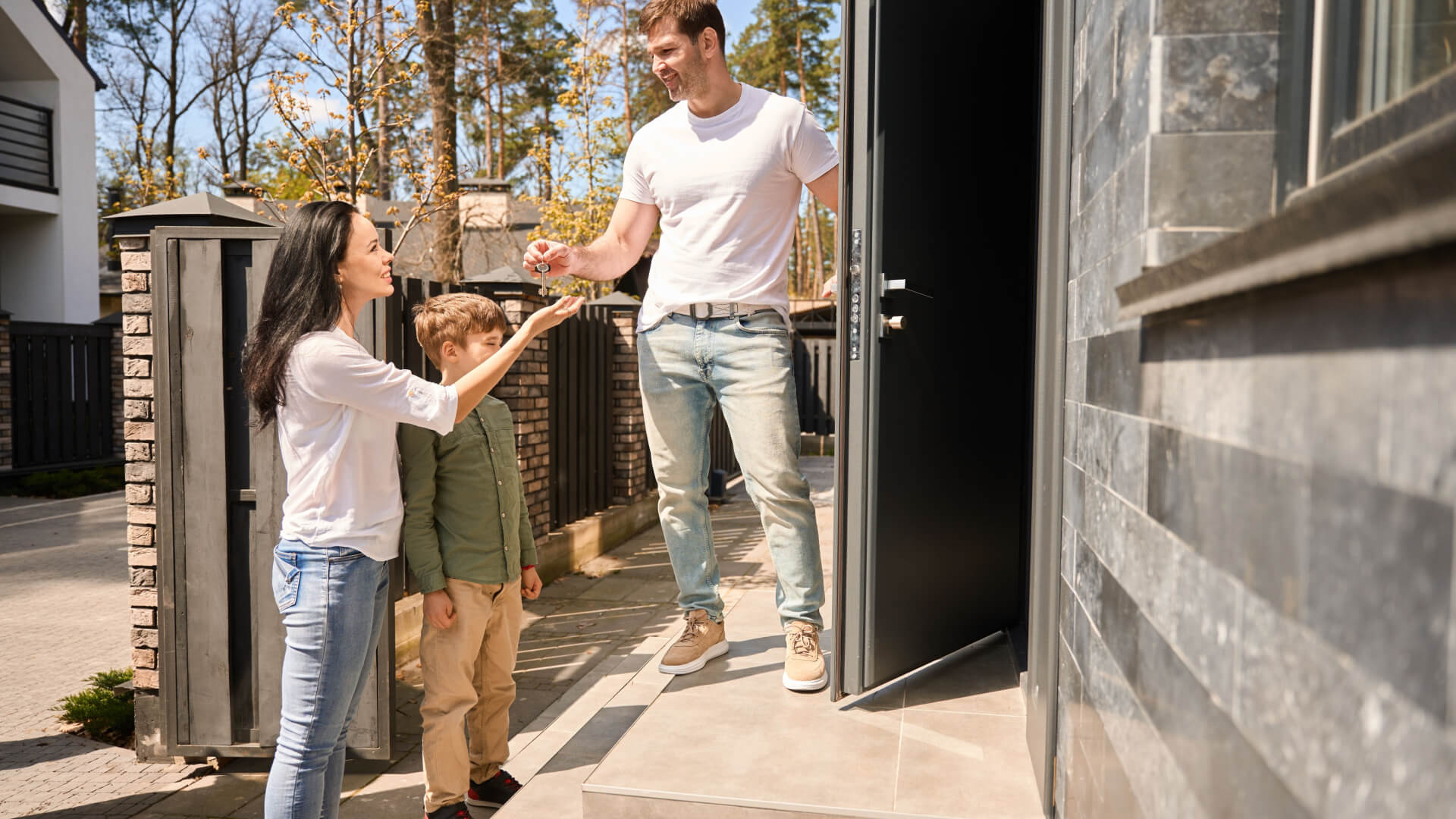- About Us
- Services▼
- Knowledge Library▼
- Stand-Alone Services▼
- Attorney Preparation of a Parenting Plan
- Attorney Preparation of Child Support Guidelines Worksheet
- Marital Settlement Agreement Preparation Services
- Attorney Review and Explanation of Your Marital Settlement Agreement, Parenting Plan And/or Final Judgment
- Attend Mediation With You as Legal Counsel
- 30 Minute Attorney Appointment
- Prep Financial Affidavit and Assist in Mandatory Financial Disclosure
- Divorce Mediation by the Hour
- Prepare All Initial Paperwork to File Your Divorce
- Served? Respond to a Divorce With Professional Guidance
- Blog
- Testimonials
- For Attorneys
- Contact Us
Collaborative Co-Parenting: Fostering Healthy Relationships and Emotional Well-Being

Going through a divorce is never easy, especially when there are children involved. For many parents, the idea of not being able to see their kids as often as they want can be heartbreaking. However, there’s an easy solution to this problem: collaborative co-parenting.
A recent study showed that 56% of unmarried couples have positive co-parenting relationships. This approach is good for your child because it makes them feel secure in their relationships with both of their parents. Plus, it lets you make decisions together and share the parenting load.
Understanding Collaborative Co-Parenting
Co-parenting is when divorced or separated parents work together to raise their children. It’s more than just splitting custody. It involves good communication and joint decision-making. In co-parenting, both parents commit to talking openly and working together to raise their kids.
The main parts of collaborative co-parenting are communication, teamwork, and mutual decision-making. This involves openly discussing parenting matters, agreeing on how to deal with them, and respecting each other as parents. It might be tough sometimes, but this parenting method is focused on what’s best for the kids.
Benefits for Children
When you co-parent well, your kids see they matter more than any disagreements that caused your split. They’ll know that your love for them stays strong, no matter how things change. This kind of parenting has multiple positive long-term effects on children with divorced parents, such as:
1. Emotional Stability
Divorce can affect kids emotionally. Research shows that children of divorce are more likely to have socioeconomic, academic, and mental health concerns. This can take the form of:
- Anxiety
- Stress
- Depression
- Insomnia
They may develop these issues as they grieve the loss of a parent, the family unit, or simply the life they once knew.
However, with co-parenting, both parents stay involved in their kids’ lives, which helps keep things stable for them and minimizes this sense of loss. When kids can see their parents regularly, they’re less likely to feel left out or scared of what’s coming next. They’re also better at forming healthy relationships as they grow.
2. A Sense of Security
Collaborative co-parenting encourages strong, positive relationships with both parents. Seeing their parents in a positive partnership makes children feel more secure and loved.
Kids in co-parenting situations often grow up with better self-confidence and management of their feelings. They understand that even if the family setup has changed, both parents still love and care for them.
Additionally, divorce can sometimes cause children to feel like they need to support their parents emotionally. However, effective co-parenting protects children from this kind of emotional burden. They don’t have to take on adult roles or worry about one parent’s feelings towards the other parent. Instead, they can just focus on being themselves.
3. Healthier Role Models
Collaborative co-parenting shows kids how to effectively handle disagreements, communicate, and work as a team.
For example, kids learn a lot when they see their parents talking over schedules peacefully, deciding together on activities, or figuring out how to handle daily problems. Watching their parents team up like this teaches them important skills. They learn how to have conversations, listen to others, work with people, and respect different opinions.
In short, co-parenting teaches kids the skills they need to have good relationships throughout their lives.
Benefits for Parents
Collaborative co-parenting can be just as beneficial for you and your spouse post-divorce. Here’s what to expect.
1. Reduced Conflicts
There’s a reason why divorce attorneys often recommend co-parenting in uncontested divorces. Custody battles can get ugly, drawn out, and tiring. However, co-parenting can help lower the amount of fighting and tension between you and your spouse. By putting your children first and focusing on cooperation, you can save time, legal fees, and emotional turmoil.
2. Shared Responsibilities
Co-parenting lets parents divide up the work and choices involved in raising kids. This means no one has to handle everything on their own.
For example, one parent might take charge of school activities while the other handles healthcare appointments. Or they might alternate weeks for extracurricular activities. This balance means both parents get a break and neither feels overwhelmed.
3. Improved Communication
As co-parents, you both have to collaborate to decide on things like your kids’ schooling, health care, and after-school activities. Working together on these choices helps you improve your communication and resolve your differences.
Overcoming Challenges
Even if you and your ex are on the same page most of the time, you might hit some roadblocks on your co-parenting journey. Here are some common problems and how to navigate them.
- Disagreeing on Parenting Styles: Sometimes, you and your ex might have different ideas about raising your kids. To handle this, talk about the big things you both agree on and be flexible on the smaller stuff. Remember, it’s okay to have different ways of doing things in each house.
- Communication Issues: It can be hard to talk with your ex, especially if your romantic relationship didn’t end well. Try to chat about the kids, not past problems. Using emails or texts can help keep things clear and to the point, especially when the divorce is fresh in your mind.
- Schedule Conflicts: Use a shared calendar to keep track of your kids’ activities and appointments. This keeps everyone updated and avoids mix-ups.
- Emotional Stress: Sometimes, feelings from the past can make co-parenting hard. If you’re feeling upset, take a break before responding. Think about what’s best for your kids, not just how you’re feeling.
Contact the Online Attorneys at Untying the Knot Today For Help
Collaborative co-parenting is a big win for both kids and parents. However, parents need to keep working together and put their kids first. Co-parenting isn’t always simple, but by staying focused on your kids’ well-being and working as a team, you can make a positive impact on their lives and yours.
Ready to navigate your co-parenting journey with less stress and more support? The team at Untying the Knot is here to make your experience smoother and more positive. Start building a healthier, happier future for your children and yourself. Schedule your first 30-minute consultation today.
Archive
Categories
Tags
- changing your name
- co-parenting
- divorce by publication
- divorce mediation
- divorce papers
- Divorce Without Court
- Equitable Distribution
- last name change
- lengthy divorce
- lengthy divorces
- long divorces
- marital assets
- military divorce
- name change
- no-fault divorce
- relocating your children
- spousal support
- spousal support qualifications
- types of divorces
- types of marital assets
WHEN YOU WANT TO UNTIE THE KNOT, BUT DON'T WANT TO TIE YOURSELVES UP DOING IT
At Untying The Knot, we focus on a kinder, gentler divorce – to allow you to move on with your lives more quickly, less expensively and with way less drama.
